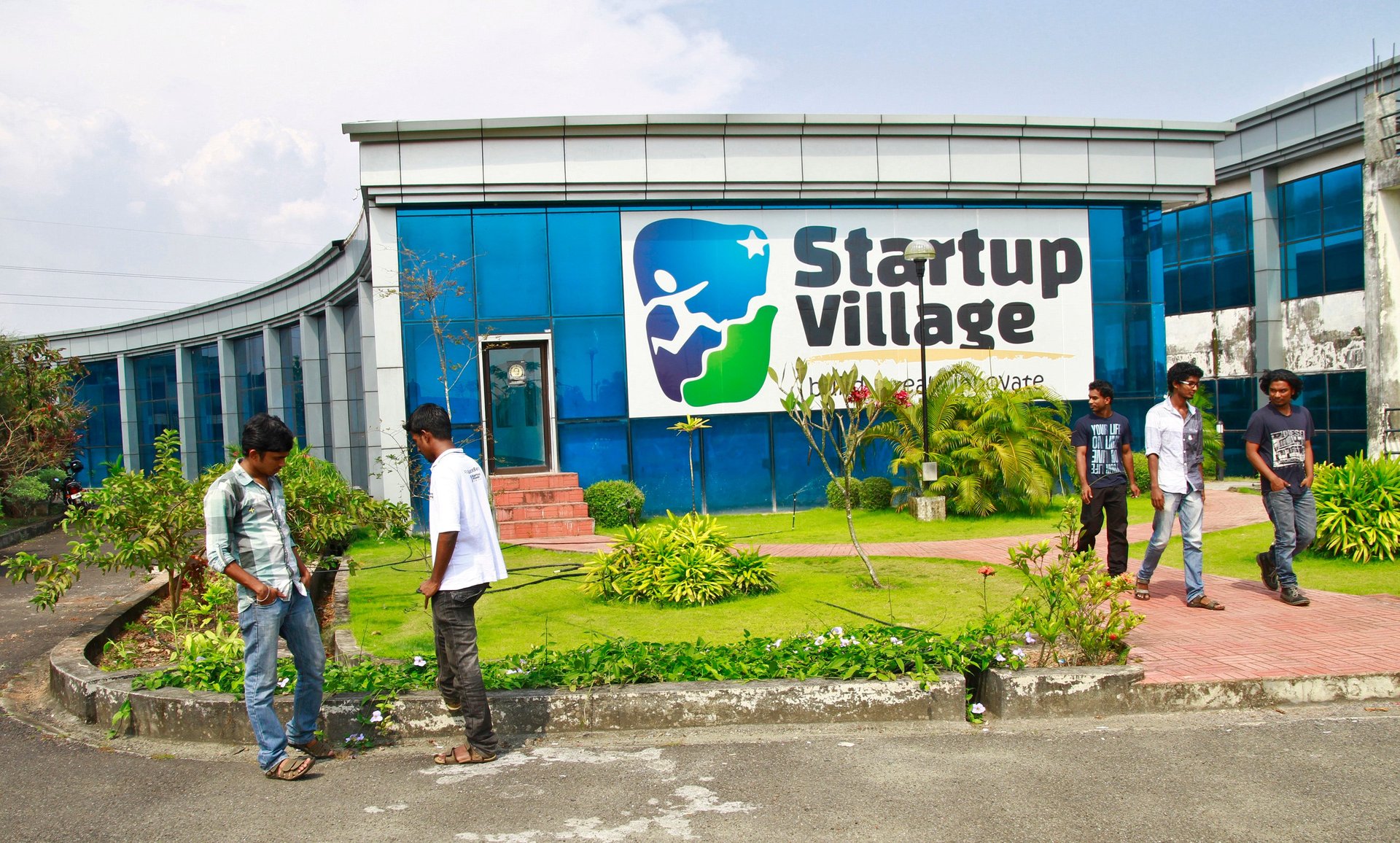Investors gave Indian startups less money in 2018, but created more unicorns than ever
2018 was not a great year for tech startup funding in India—except for the unicorns (startups valued at over $1 billion or Rs7,040 crore).


2018 was not a great year for tech startup funding in India—except for the unicorns (startups valued at over $1 billion or Rs7,040 crore).
These firms raised around $10.5 billion last year, 5% lower than the $11.2 billion raised in 2017, according to startup data platform, Tracxn. The number of funding rounds also fell to 924 in 2018 from 1,161 a year ago.
The first half of 2018 was particularly bad with $3.6 billion invested over 411 deals—the same period in the previous year saw $5.6 billion pour in from 571 deals.
Overall, investors stayed away given the uncertainty around angel tax in India. Some were put off by “unrealistic valuations” created during the funding frenzy between 2014 and 2016.
Early-stage funding during January-June 2018 declined to $137.8 million as compared to $200 million in the same period a year ago. And seed investment rounds fell 22% year-on-year to 870 during the entire year, Tracxn data show.
“Investments depend really on market sentiment. Boom and bust cycles are real, and investment closely follows it,” Kunal Shah, founder of FreeCharge and an angel investor, told Quartz in an interview in November 2018.
While the trend might seem disheartening in the near-term, Avnish Bajaj, managing director of venture capital firm Matrix Partners, said such cycles are important for creative disruption. “Entrepreneurs come up with new ideas and those ideas have limited validation until they prove it, and they create excitement around it. Without that excitement, capital wouldn’t follow, and without capital, one wouldn’t know which ideas will work,” he told Quartz in December 2018.
The good times
Towards the second half of 2017, though, there was some excitement in the industry as large companies made some mega announcements. This was mainly the result of improved investor sentiment following the acquisition of Flipkart.
In May, the world’s largest retailer, Walmart, said it was acquiring India’s biggest homegrown e-commerce firm for an eye-popping $16 billion. This is the world’s largest e-commerce acquisition so far.
“The Flipkart-Walmart deal has definitely given a boost to investor confidence. There is now more money flowing into worthy startups,” said Apoorv Ranjan Sharma, founder of Venture Catalysts.
There were 15 large deals (between $100 million and $500 million) in 2018, as compared to just nine in 2017, according to Tracxn. Here are some of the big-ticket funding rounds that followed Flipkart’s acquisition:
Funding was spread across segments in 2018. However, business-to-consumer firms continued to get a major chunk of the money:
While the investment climate improved towards the end of 2018, investors are even now betting only on a few startups and not spreading thinly across too many deals.
“The valuations today are much higher than the 2015 levels, but I think today the valuations are much more justified. In 2015 there were the big three–Paytm, Flipkart, and Ola. Today it has become the big 15 or 20, including OYO, Swiggy, and others. Therefore, the same amount is going to the 15-20 large companies, as compared to the same capital going to just three, which is a more stable way to be,” Bajaj said.
Green shoots
2018 was also the year when India churned out unicorns at an unprecedented rate—eight of them.
These include food-tech firms Zomato and Swiggy, ed-tech startup Byju’s, hospitality venture OYO, and e-commerce player Paytm Mall, among others.
The pace of new startup launches was also brisk. The country added over 1,200 startups in January-September 2018, taking the total number of such companies to over 7,200. This means India continues to be the world’s third-largest startup ecosystem after the US and the UK.
Now that the market has matured, investors expect this momentum to continue in 2019. “I think, we will see a pick-up in activity in the middle segment where we have seen less funding till now. The late stage will continue at the same pace or slow down a bit. The early stage has been buoyant always,” Bajaj said.
In 2019, investments in e-commerce are expected to revive, along with B2B and software-as-a-service.
However, India is still behind in terms of monetisation, according to Matrix’s Bajaj, but it has begun to stabilise. “Overall, we are at the beginning of a very strong 10-15 year run in the Indian venture and startup ecosystem,” Bajaj said.
The regulatory framework will continue to evolve at its own pace, to keep up with new innovations and ideas that startups come up with.
“But if it takes too much time to catch up, the period of limbo in between can be one of the largest challenges that startups face,” Murali Talasila, partner & innovation leader at PwC, said.